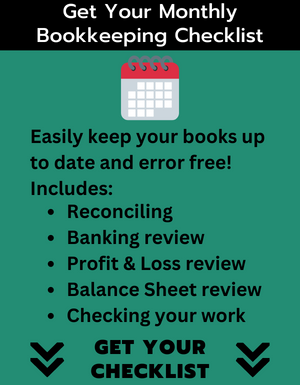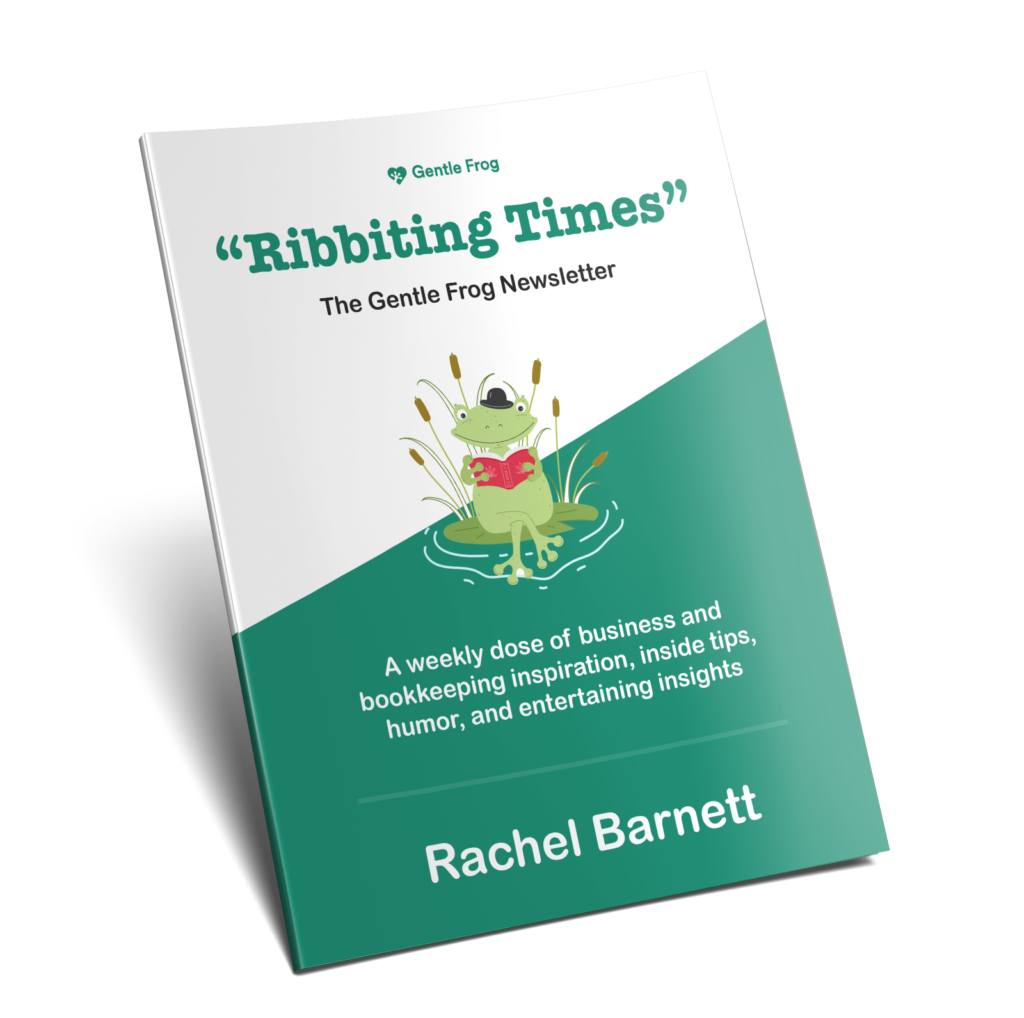A year-end review helps assess what worked, what didn’t, and how to move forward with a clear vision for success.
As a bookkeeper, reflecting on the past year and setting goals for the future is important for growth.
Whether you’re an experienced professional or just starting, this process can provide valuable insights to guide your bookkeeping business into the new year.
Why a Year-End Review Matters for Bookkeepers
The start of a new year is the perfect time to look back on the previous year’s achievements and challenges. A structured year-end review allows you to:
- Celebrate accomplishments and recognize progress.
- Identify mistakes or missteps and learn from them.
- Fine-tune your business strategies for the coming year.
- Set measurable goals that align with your professional growth.
By analyzing both successes and failures, bookkeepers can gain clarity on where to focus efforts for continued business improvement.
Reflecting on the Past Year: What Worked and What Didn’t
To get started, ask yourself the following questions about the past year:
What went well?
- What services or processes helped streamline your workflow?
- What investments (tools, courses, or memberships) provided value?
- What new clients or projects made a positive impact on your business?
What didn’t go as planned?
- Were there clients that weren’t a good fit for your business?
- Did you invest in tools or software that you didn’t fully utilize?
- Were there areas where you struggled to stay organized or productive?
What lessons did you learn?
- Did you take on projects that didn’t align with your goals?
- Were there boundaries you needed to enforce better?
- How did your business evolve, and what adjustments do you need to make?
By answering these questions, bookkeepers can gain a deeper understanding of their business strengths and areas for improvement.
Setting SMART Goals for the New Year
Once you’ve reviewed the past year, the next step is to set SMART goals for the upcoming year. SMART stands for:
- Specific – Define clear objectives (e.g., “Increase monthly recurring revenue by 20%”).
- Measurable – Make sure progress toward your goals can be tracked.
- Achievable – Set realistic expectations based on past performance.
- Relevant – Align goals with your long-term vision and values.
- Time-Bound – Establish a timeframe for each goal.
Example SMART goal: “I will create and launch a new bookkeeping course by June 30, 2024, with at least 50 sign-ups in the first month.”
Setting structured goals helps keep bookkeepers accountable and motivated throughout the year.
Creating an Action Plan for Goal Achievement
After setting goals, an action plan is necessary to ensure they become a reality. Consider these steps:
Break Goals into Manageable Tasks
- If the goal is to expand services, start with research, pricing, and marketing.
- If the goal is to improve client onboarding, list the steps needed to streamline the process.
Establish Daily or Weekly Habits
- Schedule time to track progress and adjust strategies if needed.
- Use tools like online journals or project management software to stay organized.
Stay Accountable
- Join a mastermind group or a bookkeeping community to discuss goals and progress.
- For support and motivation, engage in professional groups, such as Gentle Frog’s Bookkeeping Lily Pad.
Bookkeepers can make steady progress without feeling overwhelmed by breaking down goals into small, actionable steps.
Lessons from 2023: Insights and Inspiration
Reflecting on my own experiences in 2023, I identified several key lessons:
- Pushing Myself Creatively: I challenged myself to create more content, from YouTube videos to online courses and discovered a passion for teaching others.
- Recognizing Boundaries: Learning when to say no to clients or projects helped me maintain balance and focus.
- Embracing Community: Connecting with other bookkeepers provided valuable insights and strengthened my business.
Thinking about what worked (and what didn’t) helped shape my approach for 2024, and I encourage you to do the same.
Final Thoughts: Looking Forward to 2024
A year-end review is a powerful tool for professional growth. By reflecting on the past, setting SMART goals, and implementing an action plan, you can create a clear path to success in 2024.
What are your biggest lessons from last year? What goals have you set for the new year? Join the conversation in our bookkeeping community and share your insights!
Here’s to a successful and fulfilling 2024!









